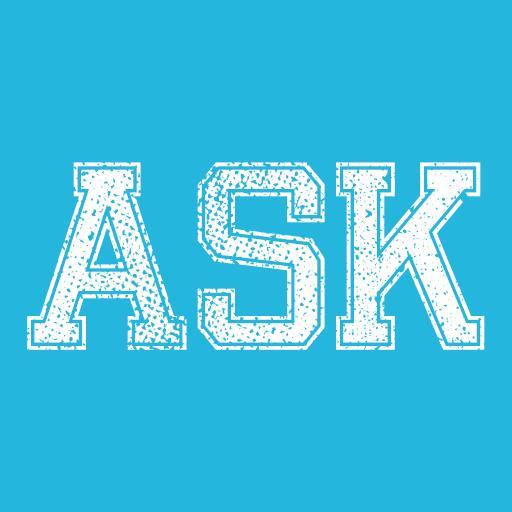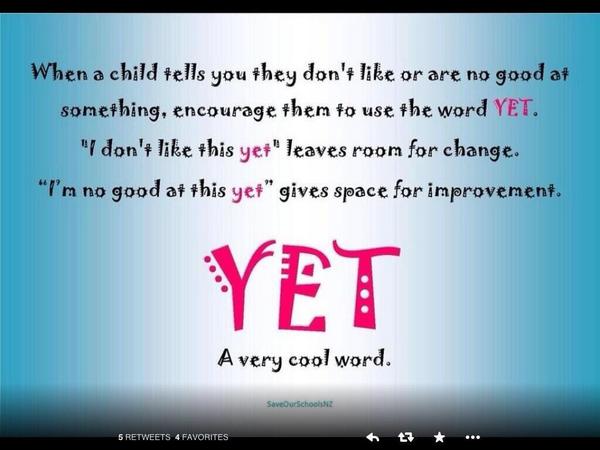---------------------------------------------------------------
Kids Question
The typical, tradition classroom has the teacher doing most of the talking. The teacher asks questions, the teacher gives information (verbally), the teacher decides if the answers are correct or incorrect. And the students do very little talking. In the traditional classroom, student talk is for answering the teacher's questions and that's about it.
But in the Learning Classroom, students do a lot of talking. They ask questions. They offer solutions and ideas. They consider alternatives, shortcuts, more efficient pathways to learning. There are lots of great benefits to student talk in the classroom. Here's a list of ten such benefits:
But in the Learning Classroom, students do a lot of talking. They ask questions. They offer solutions and ideas. They consider alternatives, shortcuts, more efficient pathways to learning. There are lots of great benefits to student talk in the classroom. Here's a list of ten such benefits:
- Participation adds interest
- Participation engages students
- Participation provides the teacher feedback
- Participation provides the students feedback
- Participation can be used to promote preparation
- Participation can be used to control what’s happening in class
- Participation can be used to balance who’s contributing in class and how much
- Participation encourages dialogue among and between students
- Participation can be used to develop important speaking skills
- Participation gives students the opportunity to practice using the language of the discipline
We want students to ask questions because real learning requires more than just memorizing what the teacher says. It requires thinking and reasoning and trying and failing and trying again. Real learning encounters road blocks from time to time and students to ask questions about how to navigate around these obstacles. When students ask questions that are engaged in learning and they learn better and more deeply when they are engaged.






